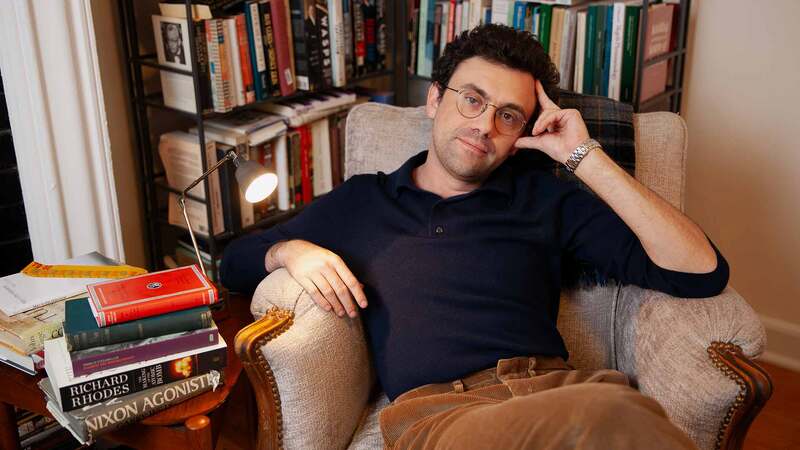You are viewing your 1 free article this month. Login to read more articles.
Elena Ferrante 'unmasked' by Italian journalist
An Italian investigative journalist claims to have discovered the identity of pseudonymous author Elena Ferrante, but the unmasking has been met with anger and frustration by some in the literary community.
Claudio Gatti, a journalist for Italian business daily Il Sole 24 Ore, reported on Sunday (2nd October) he had analysed publishers' financial accounts and followed the money to freelance translator Anita Raja, once the co-ordinator for an imprint of Italian writers at Ferrante's Italian publisher Edizione e/o.
Gatti wrote for the New York Review of Books and Il Sole 24 Ore that payments from Ferrante’s publishing house in Rome, Edizioni e/o, to Raja had increased by 50% in 2014 and by more than 150% in 2015, after reportedly being given access to financial records by an anonymous source.
The report said: "Raja’s work as a translator—a notoriously poorly paid occupation—can hardly account for her anomalously large income. In fact, the payments appear to correspond to the royalties the Ferrante books would have earned in those years."
Neither Raja or her Italian publisher Edizioni e/o have confirmed or denied the claim that Raja is Ferrante.
Publisher for Ferrante's Neapolitan Novels, Sandro Ferri, told Gatti: “If this is an article that intends to make revelations about Ferrante’s identity, I’m telling you right now that we will not give answers.” He added that such an article was an “invasion of privacy, ours and Ferrante’s.”
The "outing" of Ferrante, bestselling author behind the Neapolitan Novels published by Europa Editions in the UK, has been met with mixed reactions, with many believing it to be unnecessarily intrusive. Ferri, told the Guardian it was "disgusting" journalism, "searching in the wallet of a writer who has just decided not to be ‘public’".
The UK literary community has also expressed its anger and frustration. Novelist Matt Haig tweeted this morning (3rd October):
Think the pursuit to discover the 'real' Elena Ferrante is a disgrace and also pointless. A writer's truest self is the books they write.
— Matt Haig (@matthaig1) October 3, 2016
Author JoJo Moyes meanwhile wrote on Twitter:
Surprised at how angry I feel about @NYBooks' unmasking of Elena Ferrante. Esp its 'justification' that her success made it 'inevitable'.
— Jojo Moyes (@jojomoyes) October 2, 2016
Stig Abell, editor of the Times Literary Supplement, has questioned the ethics and responsibility of the two publications which ran the piece. "Interesting ethical question: if you know the identity of Elena Ferrante, should you publish it? Not sure we would have done it at the TLS," he said this morning.
Despite her desire for privacy, Ferrante has spoken out on issues including Brexit, when she stood with other European writers in campaigning for the UK to remain in Europe in June, and signed an open letter of support for imprisoned writers and journalists in Turkey in September in wake of the governent's crackdown on the media, including the closure of 29 publishing houses.
















